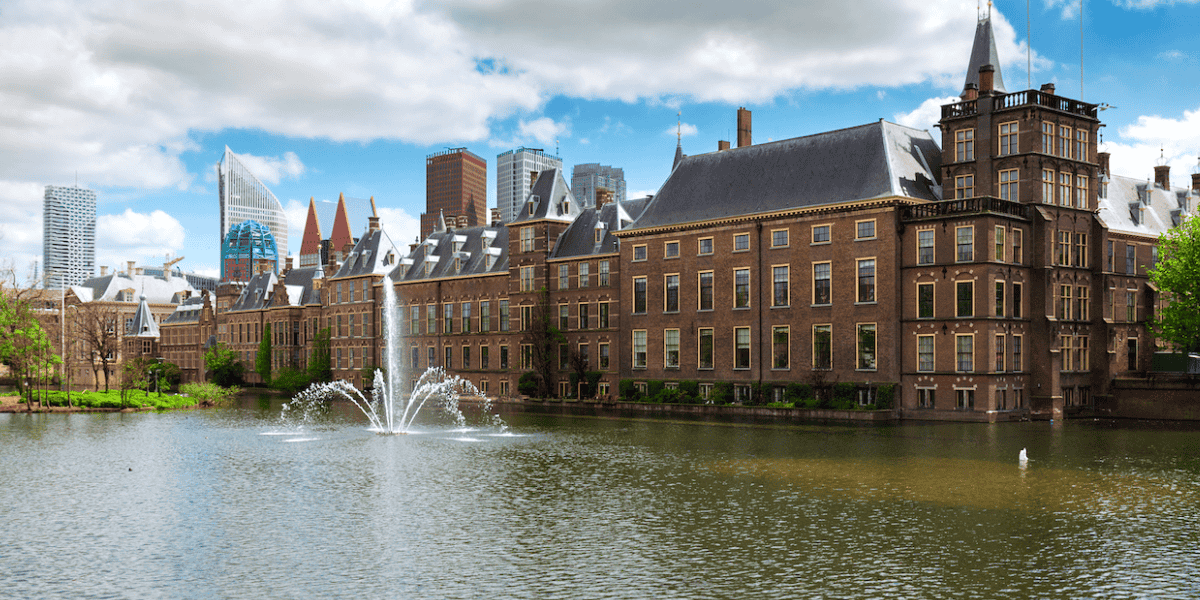On 19 September 2023, Mr. Marnix van Rij, the State Secretary for Tax Affairs and the Tax Administration presented the 2024 Tax Plan to the House of Representatives. The package contains essential tax measures for society and the tax system. These include measures to support purchasing power and fight poverty, to improve and simplify the tax system and to achieve climate goals. The extra expenditure will partly be funded using windfalls in 2024, but also by means of other measures to maintain the level of tax revenue.
Box 3 and Pillar 2
Financial setbacks are expected in the estimated revenue from the worldwide 15% minimum corporate income tax rate on multinationals (Pillar 2) and the deferral of the introduction of the new system for box 3 from 2026 to 2027.
One measure is to reduce the SME profit exemption from 14% to 12.7%. The exemption makes the income tax burden for self-employed business taxpayers lower than that of employees. The lowering of the exemption will narrow the gap in the income tax treatment of employees and business taxpayers. The main effect will be that business taxpayers with higher incomes will pay tax on a larger share of their profit or income. The government has also decided to raise the excise duties on cigarettes and rolling tobacco. As a result, as of 1 April 2024 the average prices of a packet of 20 cigarettes and of a 50-gram packet of rolling tobacco will be €10.70 and €24.14 respectively including VAT. Excise duties on alcohol will be index-linked on a one-off basis. Besides generating extra revenue, the government’s aim is for both measures to encourage healthy lifestyles and discourage unhealthy choices.
The deferral of the new box 3 system will result in lower tax revenue from box 3. To compensate for this, the government has decided on a one-off basis not to index-link the box 3 capital yield tax allowance in 2024. This tax allowance will remain at €57,000. Normally the allowance is adjusted annually in line with inflation. In addition, the tax rate in box 3 will be raised by an extra percentage point, from 32% to 34%, a year earlier.
Tax avoidance arrangements and tax relief schemes
In order to bring greater balance and simplicity to the tax system, the government has undertaken pursuant to its coalition agreement to tackle tax avoidance arrangements and to make tax relief schemes that have received a negative evaluation less generous or abolish them. The government accordingly intends to maintain the business succession scheme (BOR) and the deferral scheme for shareholders passing on a substantial interest in a business (DSR ab), but in amended form, since these schemes prevent the continuity of a business from being jeopardised by a gift and inheritance tax liability upon transfer. The government is adopting a total of six measures to make these schemes more robust and simpler going forward.
The special schemes relating to motor vehicle tax and the reduced VAT rate were also evaluated recently. Initial steps are now being taken under this Tax Plan to make a number of schemes less generous or to abolish them because they have been assessed as inefficient and ineffective (or not sufficiently efficient and effective). In relation to motor vehicle tax, four schemes are being abolished and two made less generous. Owners of camper vans now only pay a quarter of the tax paid by car owners. The government wants them to pay half of the latter amount in future, partly because the CO2 emissions of camper vans are relatively higher than those of cars. It is also possible to temporarily suspend the registration of a camper van, which in practice will often mean that less motor vehicle tax will be payable. As of 2028 changes are also being made to the scheme for classic cars, as a consequence of which only vehicles built before 1988 will be eligible. For now, one of the reduced VAT rates is being abolished: the reduced VAT rate on input goods in the agricultural sector. The objective of this scheme ceased to be applicable in 2018.
Climate policy
Last spring the government announced a number of tax-related greening measures under its additional package of measures to achieve the climate goals. The climate challenges facing our society mean that we cannot afford not to make progress towards our agreed climate goals. For this reason, the government wants to introduce further measures now. These measures relate to the voluntary agreement with the greenhouse horticulture sector, including the carbon tax on greenhouse horticulture as of 2025 and the abolition of the reduced energy tax rate for the greenhouse horticulture sector. The minimum carbon price for the electricity sector and for industry will rise of as of 2024, to €51.70 per tonne of CO2. The exemptions from energy tax and coal tax for producers of iron and construction materials will also be abolished.
To accelerate the transition to zero-emission cars and to subsidise purchases of second-hand electric cars, the initial flat-rate of car and motorcycle tax payable by vehicle purchasers is being raised by €200 as of 2025.
The government wishes to encourage sustainable investment by business and is therefore making more money available for the energy investment tax credit, the environmental investment tax credit and the Research and Development (Incentives) Act.
Caribbean Netherlands 2024
The 2024 Tax Plan includes the Tax Plan for Bonaire, St Eustatius and Saba (collectively ‘BES’), under which the reforms to the BES Tax Act, the BES Income Tax Act and the BES Salaries Tax Act, initiated in 2023, are being continued. These Acts had barely been amended since the islands became public bodies within the Kingdom on 10 October 2010. For instance, the customary wage for directors-major shareholders is being adjusted. In addition, the turnover threshold for general expenditure tax (the BES equivalent of VAT) is being increased for small businesses to $30,000 per annum. A sum of €30 million per annum is being made available on a structural basis to improve purchasing power in the Caribbean Netherlands.
Purchasing power and fighting poverty
The government wants to prevent people on low incomes from getting into difficulties. It is therefore making €2 billion available on a structural basis to support them. One way to achieve this through the tax system is by increasing the employment tax credit by €115. In addition the halving of the young disabled person’s tax credit will be cancelled and the phasing out of the double general tax credit for people receiving benefit under the Work and Social Assistance Act will be frozen in 2024. These measures will ensure than those receiving around the minimum income are left with more per month after tax.
The government has also decided not to fully adjust the thresholds for the top rate of income tax and the second and third income tax bands for retired persons in line with inflation but by 3.55%. Consequently, people on higher incomes will pay slightly more income tax. Nevertheless, their purchasing power will still increase next year. The €1.6 billion raised by this measure will pay for the compensation for people on lower incomes.
The government is also increasing the tax-free travel-to-work allowance from €0.21 to €0.23 per kilometre and making it easier for employers to provide public transport season tickets to their employees. The exemption for public transport season tickets and off-peak discount season tickets is therefore being made more generous and no tax will be payable if the employee uses their season ticket for business travel.












